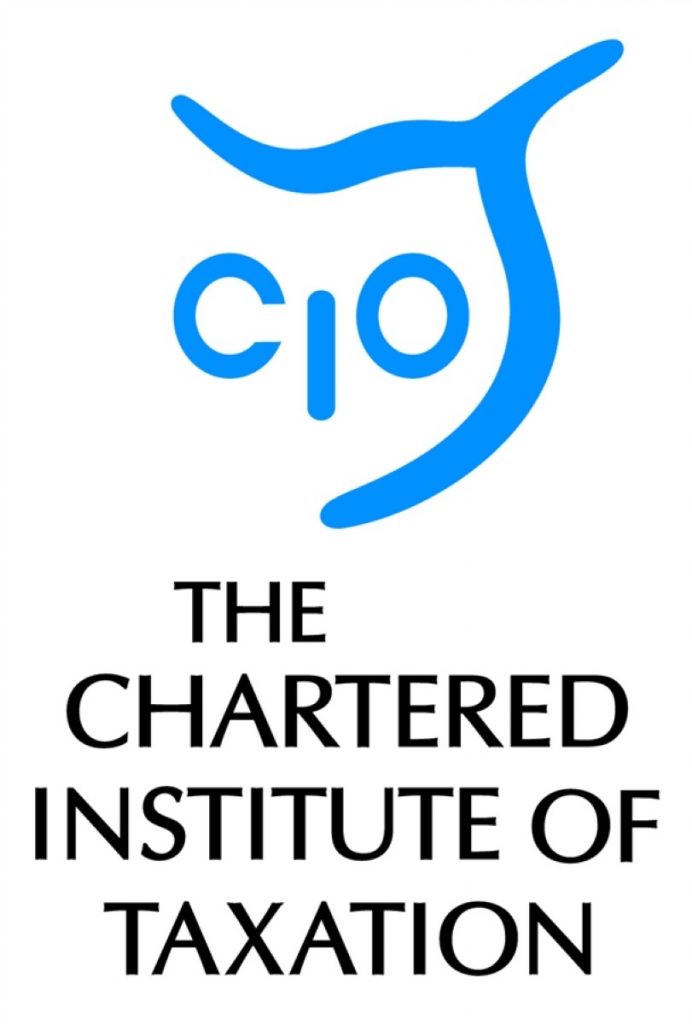Debt collection safeguards and rule of law vital, say tax professionals
Tax professionals are calling on the Government to provide additional safeguards around their proposals for direct recovery of tax debt. While supportive of the Government’s motive of increasing tax compliance, the Chartered Institute of Taxation (CIOT) and the Association of Taxation Technicians (ATT) believe some form of judicial oversight should be required before anyone, including government departments, can take money directly from a citizen or business’s bank account.
The two bodies, which represent some 24,500 tax professionals between them, set out their views in response to a government consultation which closed this week.
CIOT President Anne Fairpo commented:
“The Government is right to want to collect the money it is owed by indebted taxpayers who can pay but won’t pay. However this process must be subject to judicial oversight. Enabling HMRC to bypass the courts and take money directly out of bank accounts is disproportionate.
“HMRC argue that they need special powers to recover debts directly because the court system is too slow and expensive. This criticism has some justification. But it applies equally to private individuals and businesses who are owed money. It is an argument for the Government to reform the court process for all so that small claims can pass through it in a more efficient and less costly way, rather than providing special powers to one body to circumvent it. It would be preferable to let tax tribunals give an ‘express form’ of judicial oversight if County Courts cannot be improved upon.
“Additionally, to safeguard vulnerable debtors, the Government should only pursue debts through the direct recovery of debt route for sums far greater that the currently proposed minimum sum of £1,000.”
ATT President Natalie Miller commented:
“The administration of tax collection is not a perfect science. In reality HMRC make errors, and sometimes significant ones, causing real financial hardship for otherwise compliant taxpayers. It is therefore paramount that adequate safeguards are in place to protect taxpayers in cases of administrative error.
“The ATT worry that these proposals will impact otherwise compliant taxpayers who, for reason of sickness or moving home, have not received or been unable to respond to HMRC correspondence. We believe it should be necessary to ensure contact with the taxpayer, for example through recorded mail, in order to establish the department’s claim to the tax, outline the history of its demands and reiterate its commitment to collecting what is owed.
“Our members are also concerned that the impact of these proposals has not been correctly costed, and that HMRC have underestimated the resources which will be needed to administer it. The Government should publish its workings, setting out how it will allocate funds to safeguarding mechanisms and prove that they will be adequately resourced.”
Notes to editors:
1. HMRC’s consultation, Direct Recovery of Debts, can be accessed here.
2. The CIOT’s response to HMRC’s consultation can be accessed here.
3. The ATT’s response to HMRC’s consultation can be accessed here.
4. The Chartered Institute of Taxation (CIOT)
The CIOT is the leading professional body in the United Kingdom concerned solely with taxation. The CIOT is an educational charity, promoting education and study of the administration and practice of taxation. One of our key aims is to work for a better, more efficient, tax system for all affected by it – taxpayers, their advisers and the authorities. The CIOT’s work covers all aspects of taxation, including direct and indirect taxes and duties. Through our Low Incomes Tax Reform Group (LITRG), the CIOT has a particular focus on improving the tax system, including tax credits and benefits, for the unrepresented taxpayer.
The CIOT draws on our members’ experience in private practice, commerce and industry, government and academia to improve tax administration and propose and explain how tax policy objectives can most effectively be achieved. We also link to, and draw on, similar leading professional tax bodies in other countries. The CIOT’s comments and recommendations on tax issues are made in line with our charitable objectives: we are politically neutral in our work.
The CIOT’s 17,000 members have the practising title of ‘Chartered Tax Adviser’ and the designatory letters ‘CTA’, to represent the leading tax qualification.
5. Association of Taxation Technicians (ATT)
The Association is a charity and the leading professional body for those providing UK tax compliance services. Our primary charitable objective is to promote education and the study of tax administration and practice. One of our key aims is to provide an appropriate qualification for individuals who undertake tax compliance work. Drawing on our members' practical experience and knowledge, we contribute to consultations on the development of the UK tax system and seek to ensure that, for the general public, it is workable and as fair as possible. Our members are qualified by examination and practical experience. They commit to the highest standards of professional conduct and ensure that their tax knowledge is constantly kept up to date. Members may be found in private practice, commerce and industry, government and academia.
The Association has over 7,500 members and Fellows together with over 5,000 students. Members and Fellows use the practising title of 'Taxation Technician' or ‘Taxation Technician (Fellow)’ and the designatory letters 'ATT' and 'ATT (Fellow)' respectively.





-01.png)